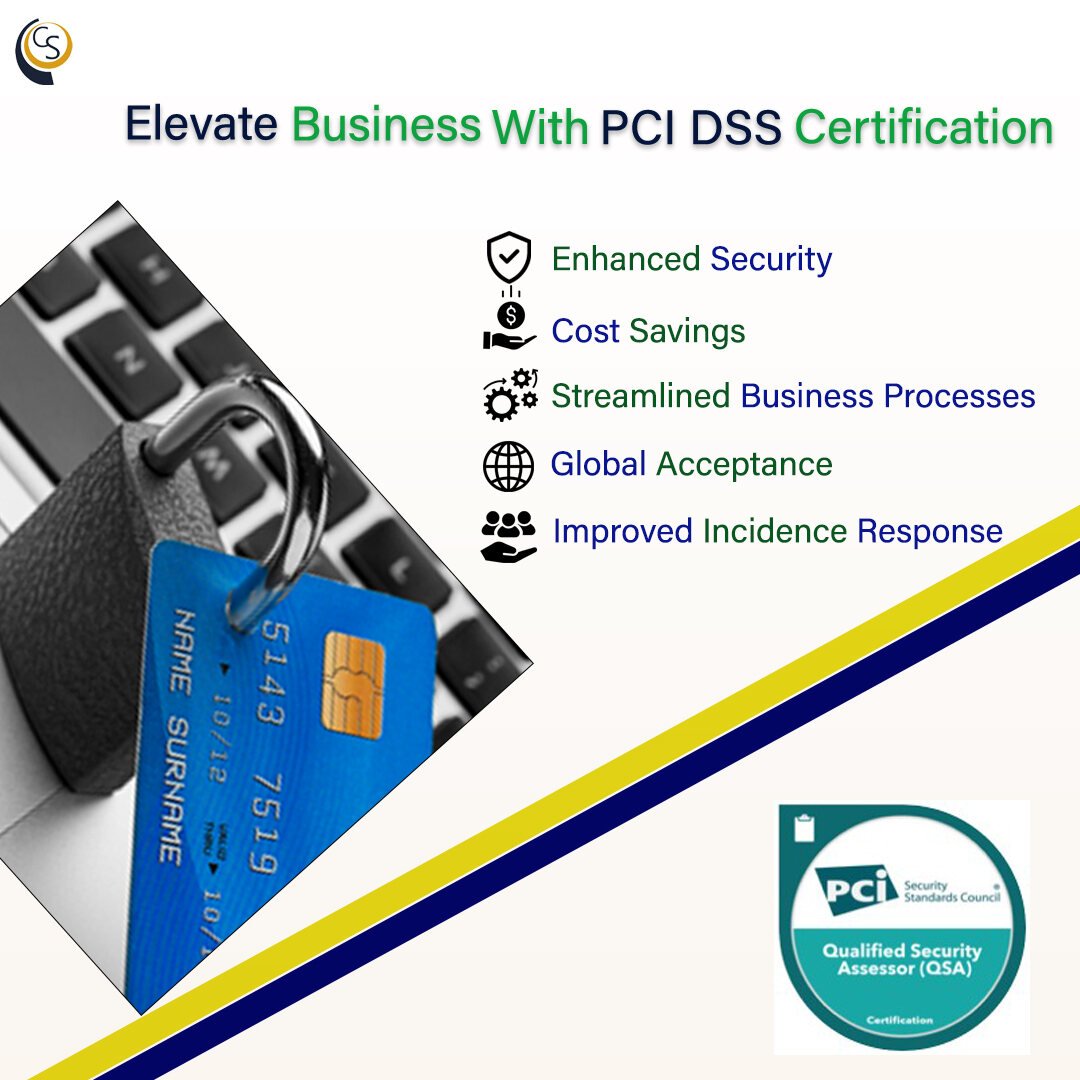In today’s digital age, where data breaches and workplace safety are constant concerns, organizations face mounting pressure to maintain rigorous standards of security and compliance. Two key certifications that businesses often pursue are PCI DSS (Payment Card Industry Data Security Standard) and ISO 45001 (Occupational Health and Safety Management Systems). However, achieving and maintaining these certifications can be complex and daunting tasks. In this comprehensive guide, we’ll delve into the intricacies of PCI DSS certification, ISO 45001 compliance, and explore the importance of selecting the right PCI QSA (Qualified Security Assessor) company in Australia.
Understanding PCI DSS Certification
PCI DSS certification is a set of security standards designed to ensure that companies that accept, process, store, or transmit credit card information maintain a secure environment. Compliance with PCI DSS helps mitigate the risk of data breaches, protecting both businesses and their customers from potential financial and reputational damage.
The certification process involves several key steps:
Assessment: Businesses must conduct a thorough assessment of their IT systems and processes to identify vulnerabilities and ensure compliance with PCI DSS requirements.
Remediation: Any identified vulnerabilities must be addressed and remediated to bring the organization into compliance.
Validation: Once remediation is complete, businesses must undergo a formal validation process, which may include on-site audits and documentation reviews, to demonstrate compliance with PCI DSS standards.
Maintenance: PCI DSS compliance is not a one-time event but an ongoing commitment. Regular monitoring and maintenance are required to ensure continued compliance and security.
The Significance of ISO 45001 Compliance
ISO 45001 is an international standard for occupational health and safety management systems. It provides a framework for organizations to identify, control, and mitigate health and safety risks in the workplace, ensuring the well-being of employees and compliance with legal and regulatory requirements.
Achieving ISO 45001 certification involves:
Risk Assessment: Organizations must assess the health and safety risks associated with their operations and implement controls to mitigate these risks.
Policy Development: A comprehensive health and safety policy must be developed, outlining the organization’s commitment to providing a safe working environment for all employees.
Implementation: Policies and procedures for managing health and safety risks must be implemented across the organization, with clear roles and responsibilities defined.
Monitoring and Continuous Improvement: Regular monitoring and review of health and safety performance are essential for identifying areas for improvement and ensuring ongoing compliance with ISO 45001 requirements.
Choosing the Right PCI QSA Company in Australia
Selecting the right PCI QSA company is crucial for organizations seeking PCI DSS certification. A PCI QSA company is authorized by the PCI Security Standards Council to assess compliance with PCI DSS requirements and provide guidance on achieving and maintaining certification.
When choosing a PCI QSA company in Australia, consider the following factors:
Experience and Expertise: Look for a company with extensive experience in conducting PCI DSS assessments and a team of qualified security professionals with in-depth knowledge of the standards and regulations.
Reputation: Research the reputation of potential PCI QSA companies by reading reviews, testimonials, and case studies from previous clients. A reputable company will have a track record of delivering high-quality services and customer satisfaction.
Customized Solutions: Choose a PCI QSA company that offers customized solutions tailored to the specific needs and requirements of your organization. Avoid one-size-fits-all approaches and look for a company that takes the time to understand your business and develop a tailored compliance strategy.
Support and Guidance: Compliance with PCI DSS can be complex, so it’s essential to choose a PCI QSA company that provides ongoing support and guidance throughout the certification process. Look for a company that is responsive to your questions and concerns and offers proactive advice on maintaining compliance.
In conclusion, achieving and maintaining PCI DSS certification and ISO 45001 compliance are critical objectives for organizations looking to protect their data, ensure workplace safety, and meet regulatory requirements. By understanding the certification processes and selecting the right partners, businesses can navigate the complexities of compliance with confidence, safeguarding their assets, reputation, and most importantly, their employees and customers.
